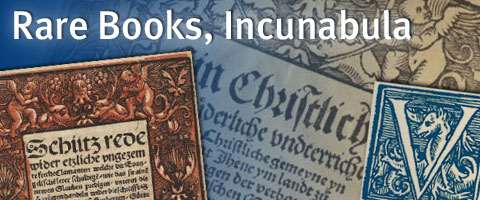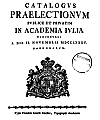
Projects
The newspaper was founded as a Rhön- and Saalpost in 1862 by Max Josef Mayer, who came from Regensburg. This led the newspaper in a liberal spirit, as the Neustädter Time war in 1869 with the newspaper: The Bavarian Fatherland. In the context of the elections taking place in the Kingdom of Bavaria, publishers and the newspaper took up the position of progressive forces, defending the Jewish fellow-citizens.
In 1893, Mayer's stepson Gallus Rötter took over the management of the publishing house after the death of the newspaper founder. It appeared throughout, except for the years 1945-1949. The majority of the other Lower Franconian newspapers had long since ceased to exist.
Until 2008 the newspaper remained family-owned. Then the newspaper was sold to a Berlin finance company. The commercial printing shop was founded in 2011 as an independent company Rötter-Print. In 2012 the 150th anniversary of the newspaper was celebrated.
Pomona, the Roman goddess of fruitful abundance, gave her name to the three-volume work "Pomona Franconica", which deals with fruits and fruit tree breeding. The Würzburg court gardener Johann Prokop Mayer (1735-1804) published it in the years 1776 to 1801. To him, the pomological literature of the time seemed badly illustrated. To achieve better illustrations, he worked together with the Nuremberg publisher Wolfgang Adam Winterschmidt, the outstanding botanical book illustrator of his time.
Würzburger Vorlesungsverzeichnisse 1785-1945
The University of Würzburg was founded - after a predecessor institution at the beginning of the 15th century was very short lived - in 1582 by Prince Bishop Julius Echter. There were no printed course catalogs in our present sense in the first two centuries. From 1785 course catalogs were regularly published. Course catalogs are, of course, primarily intended to announce lectures, but also to provide information about the staff involved, the structure of the university, its institutes and far more information. In the Würzburg lecture catalogs, staff directories and/or student directories were included, and from 1830/31 these were published separately. To search for course catalogs in a library catalogs is difficult, because of their numerous title variations. The digitization project consequently refers to them as "lecture catalogs". The digitization of the directories of staff and students will follow in an envisaged second part of the project. For reasons of personal and copyright law, the digitization ends in 1945 for the time being.






